By Alyce Collins
THIS MUM had no idea her back pain would turn out to be a rare CANCER found mainly in CHILDREN UNDER TEN but she is thankful to be a young mother as she might not be able to conceive again.
Sales assistant, Lois Parker (20) from Hatfield, Hertfordshire, UK, was troubled by severe back pain in April 2018 so after a few weeks without improvement she went to her GP where she was told it was sciatica.
Lois wasn’t assured by this diagnosis because sciatica still didn’t explain what was causing the problem in the first place. She Googled causes of sciatica and a number of problems came up, including a slipped disc, crushing spine or cancer.
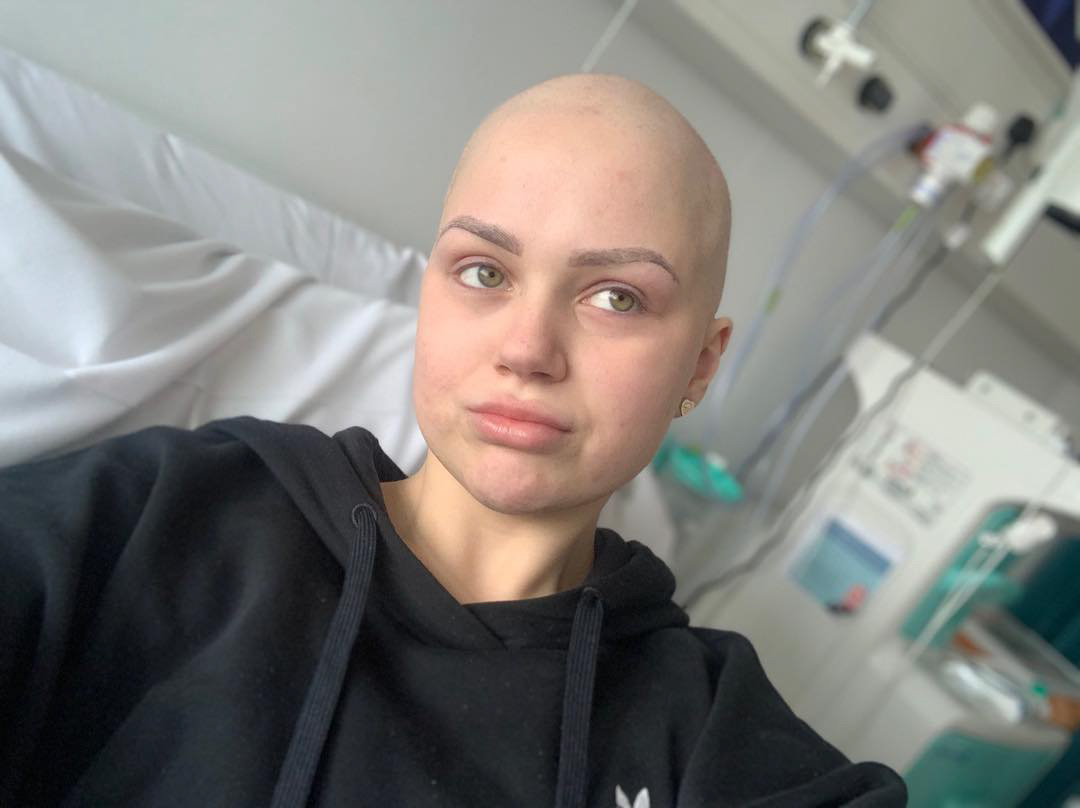
Lois wanted a proper diagnosis so she returned to see a consultant a few weeks later, and when Lois showed she could step on her tip toes the consultant ruled out sciatica. Lois was referred for an MRI in June 2018, but the scan revealed shadowing on her spine and a growth on her pelvis, so a second MRI and a CT scan were scheduled.
Following this, Lois was referred to a sarcoma specialist for a biopsy, but the results showed that the cells weren’t Ewing sarcoma as they initially believed. Lois’ case was then referred to Great Ormond Street Hospital for further testing. In September, it was confirmed that Lois has stage four neuroblastoma, a type of cancer which is most typically found in babies and children.
Doctors and nurses were baffled by the diagnosis as, according to Children with Cancer UK, neuroblastoma accounts for six per cent of childhood cancer cases, with the rates dropping drastically over the age of 10. Lois, herself a mum to Lexi (2), was diagnosed with the childhood cancer aged 19 – almost twice the age of the age bracket for this cancer.
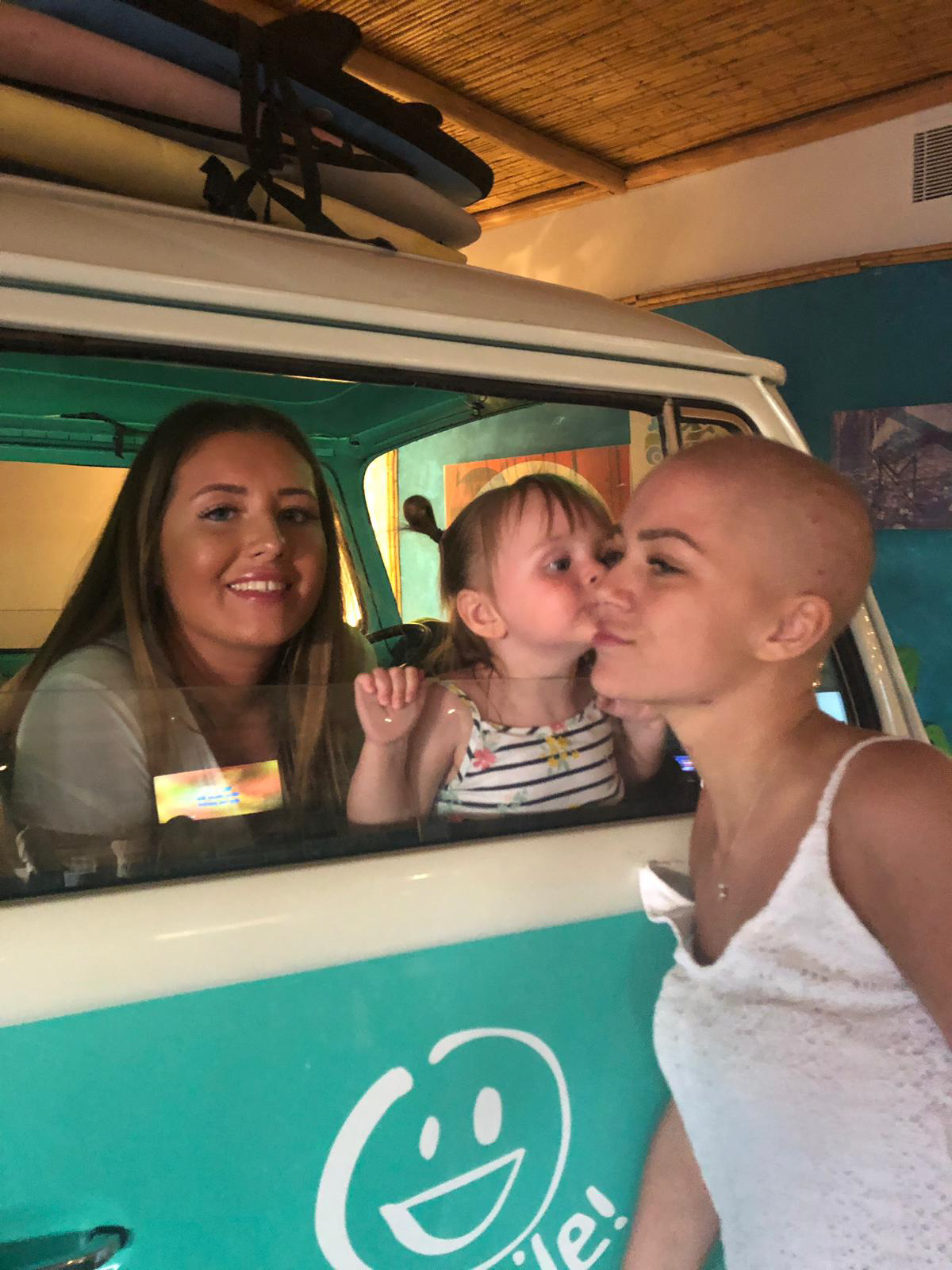
The aggressive nature of her cancer meant Lois had to begin treatment within a week, which meant there was no time to harvest any eggs, which made her very glad she’s already a mum. Lois has since endured chemotherapy, radiotherapy, a bone marrow transplant and immunotherapy.
“In April 2018 I started getting back pain, so I went to the doctors over and over again to be told I had sciatica,” said Lois.
“I didn’t really understand because in my head sciatica is a symptom not a diagnosis. Sciatica is a nerve being irritated, so I wondered what was causing it. I turned to Google which said it can be many things, such as a slipped disc, crushing spine, a fracture, cancer – anything! So, after that I wanted a proper diagnosis and cause.
“I’d had knee surgery before and when I went to see my consultant about my knee, I was in severe pain and I could barely walk due to my back.
“He ruled out sciatica due to my ability to go onto my tip toes. He then ordered an MRI within two weeks. Unfortunately, due to shadowing and a growth on my pelvis, they ordered a second MRI and a CT scan. I was then referred to a sarcoma specialist at UCLH and underwent a biopsy.
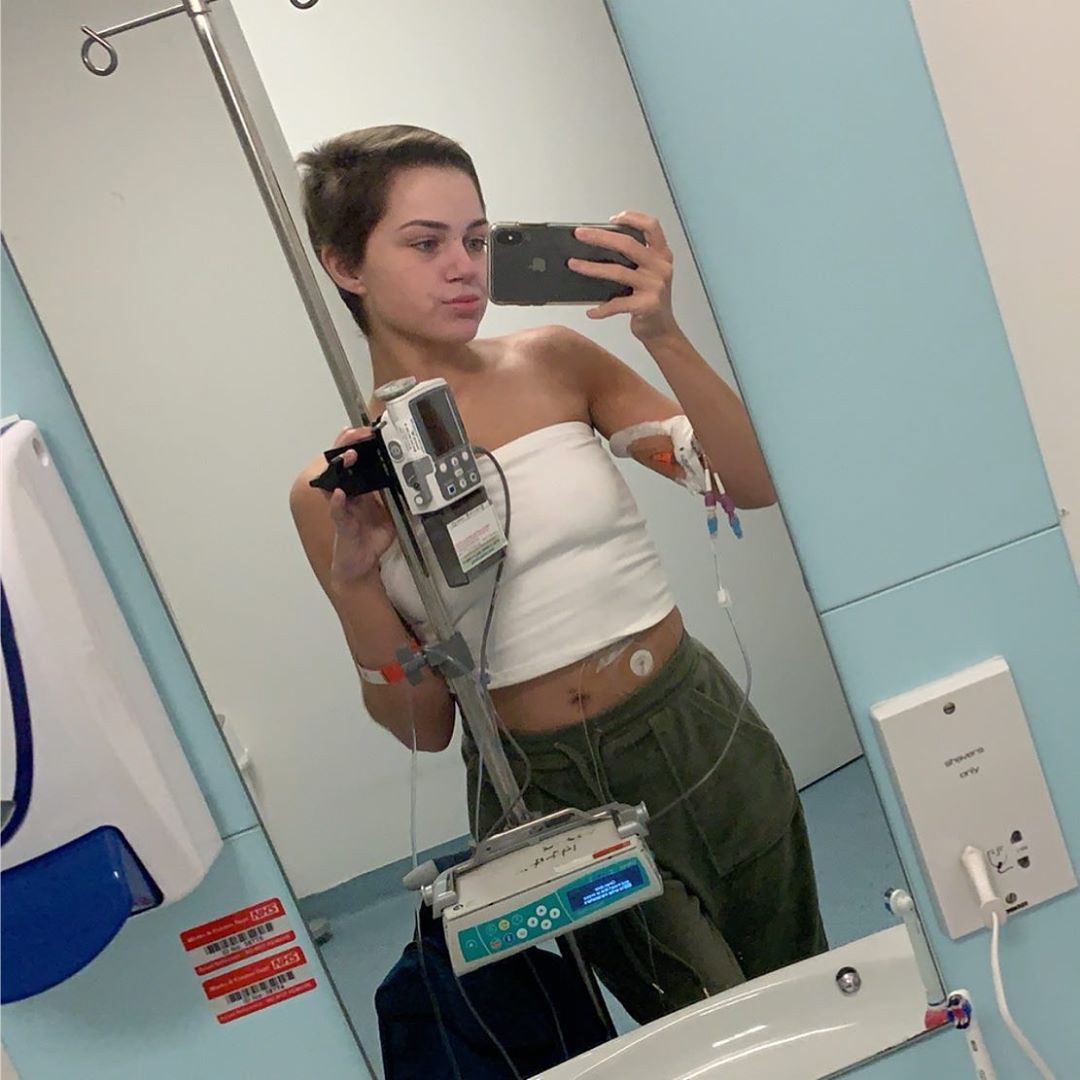
“From then the worst became apparent. You know it’s not going to be good, but you hope it’s not the worst. I mentally prepared myself for everything and from then I knew I had no choice but to fight whatever was coming.
“It was confirmed that I had cancer in late August, but they weren’t sure of the precise diagnosis. By early September I got transferred over to a neuroblastoma specialist. The cells weren’t consistent with Ewing sarcoma as they first thought, which made them send over samples to GOSH, where I had further tests and stage four neuroblastoma was confirmed.
“I didn’t cry, I was just in a mindset that I would win. Cohabitation with cancer is better than losing a battle to cancer. I never saw a point in being sad about my diagnosis because that wouldn’t change it.
“The odds were against me, so they wanted treatment to start straight away. They had no time to save eggs due to the nature and aggression of the cancer, which made me realise how lucky I am to be a young mum, especially now I most likely won’t be able to have any more.
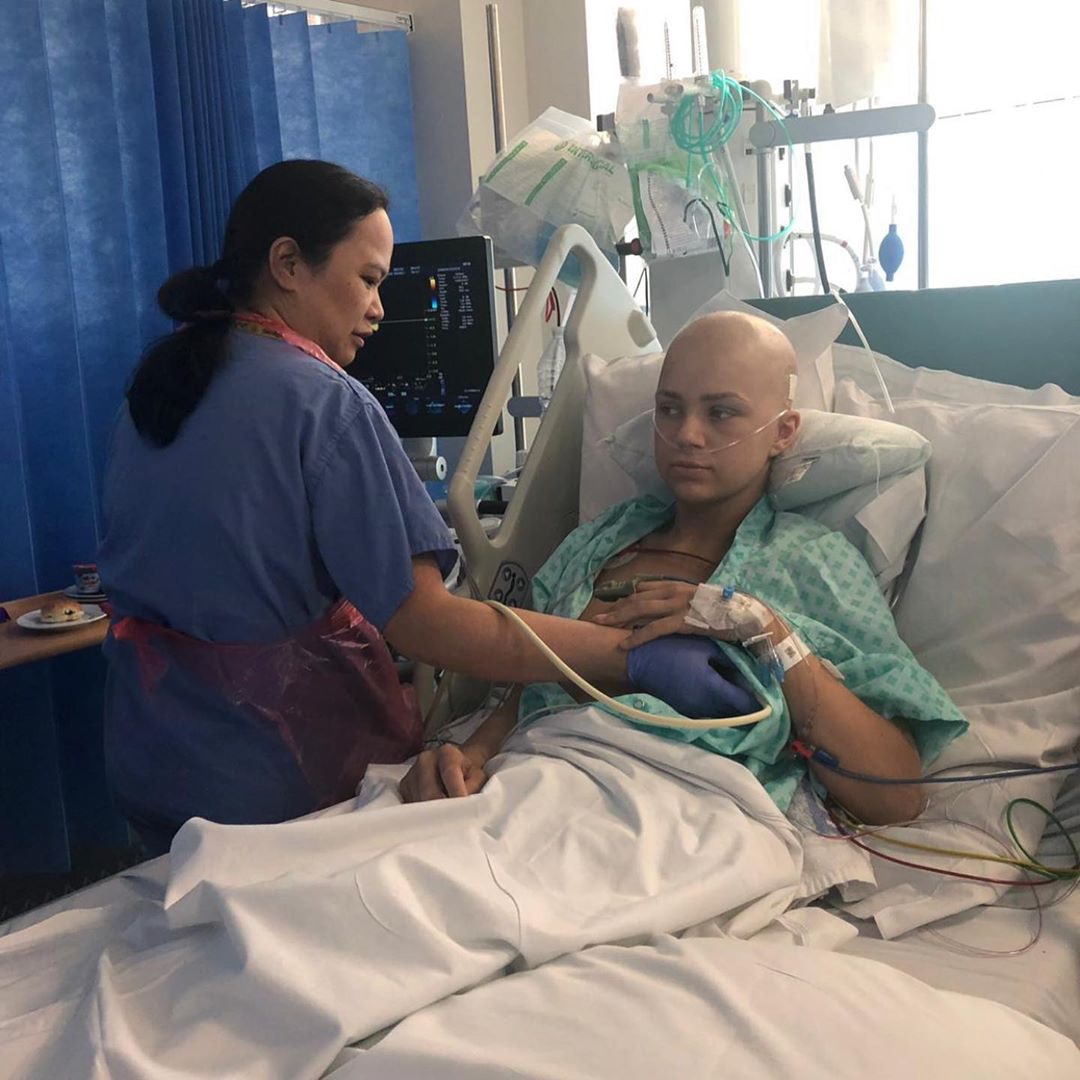
“Within a day of being told it was neuroblastoma, I received a call saying it was urgent and I had to be an inpatient in UCLH. Then within a week I started chemotherapy.
“They had no idea why I had developed a child’s cancer – everyone was so shocked. Neuroblastoma itself is rare, but on average only one case per ten million are diagnosed with it, because of this the staging systems and risk assessment tools have been developed using primarily paediatric data. However, my consultant says that it’s much harder and prognosis is worse, but he is hopeful.
Prior to her diagnosis, Lois applied to become a prison officer and completed all the necessary tests, but when she was due to complete her training course ahead of starting her new job, she was diagnosed. The lengthy treatment has caused numerous side effects, including ulcers, nausea, skin pain, dizziness, hair loss and rashes on her skin.
In younger children, the outlook for recovery from stage four neuroblastoma can be positive, but as age increases the chances of recovering decrease. Despite this, Lois has continued to raise Lexi while trying not to expose her to her mum’s brave battle.
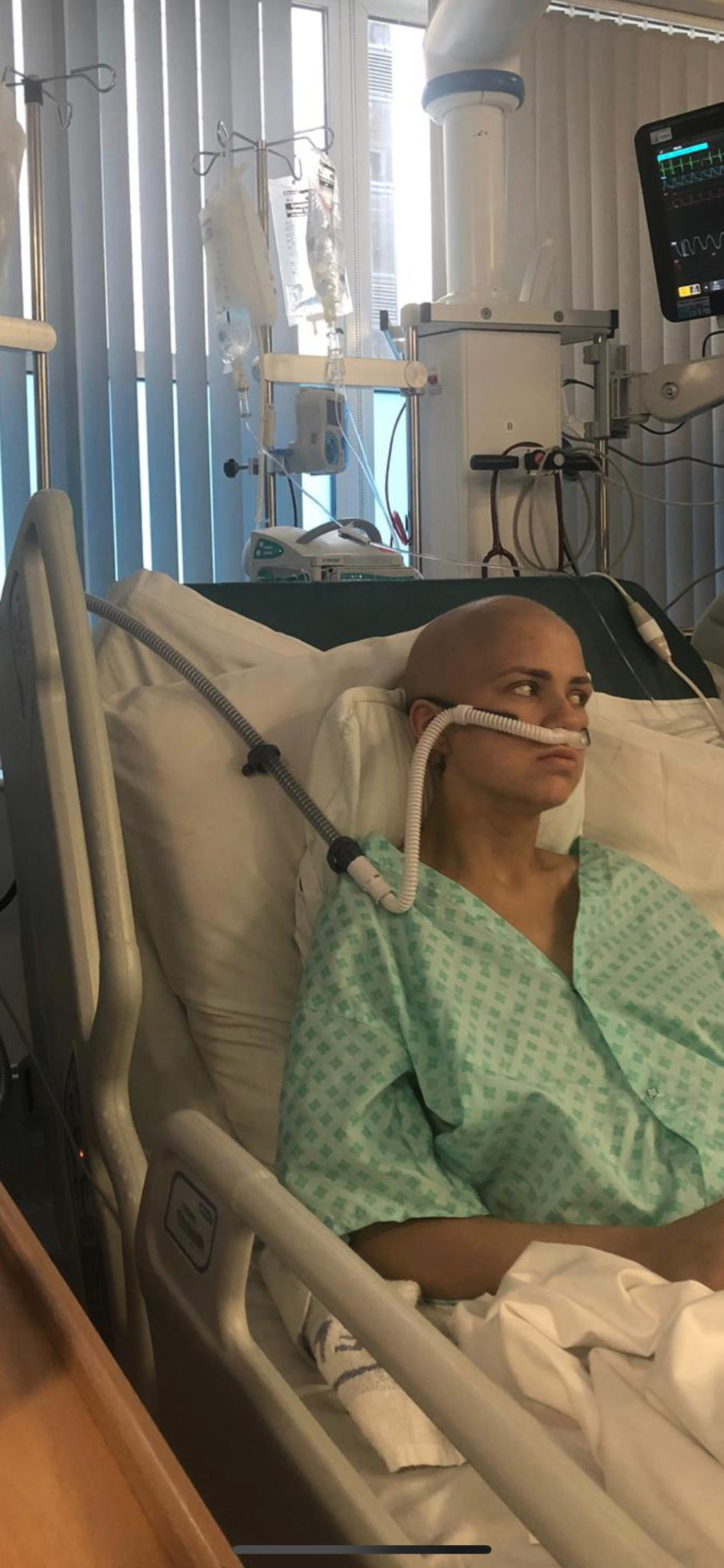
“Aside from the many side effects, all the treatment has done exactly what it’s supposed to do. As well as the usual chemotherapy symptoms, I suffered some serious complications too, including neutropenic sepsis, shingles, infections and cellulitis,” Lois said.
“All the while, I’ve been raising my beautiful little Lexi. I try to keep her as unaware as possible, however it’s not always that easy. I missed most of her birthday due to a hospital appointment, and I’ve missed a lot of her life since the diagnosis. But it also means that when we’re out we do more memorable things and make it as fun as possible.
“However, if I take Lexi to the GP to get checked over for something, I get made out to be anxious or to feel guilty for wanting her to be seen which I genuinely believe is due to my diagnosis. They think I’m just overthinking things because of what I’m going through.
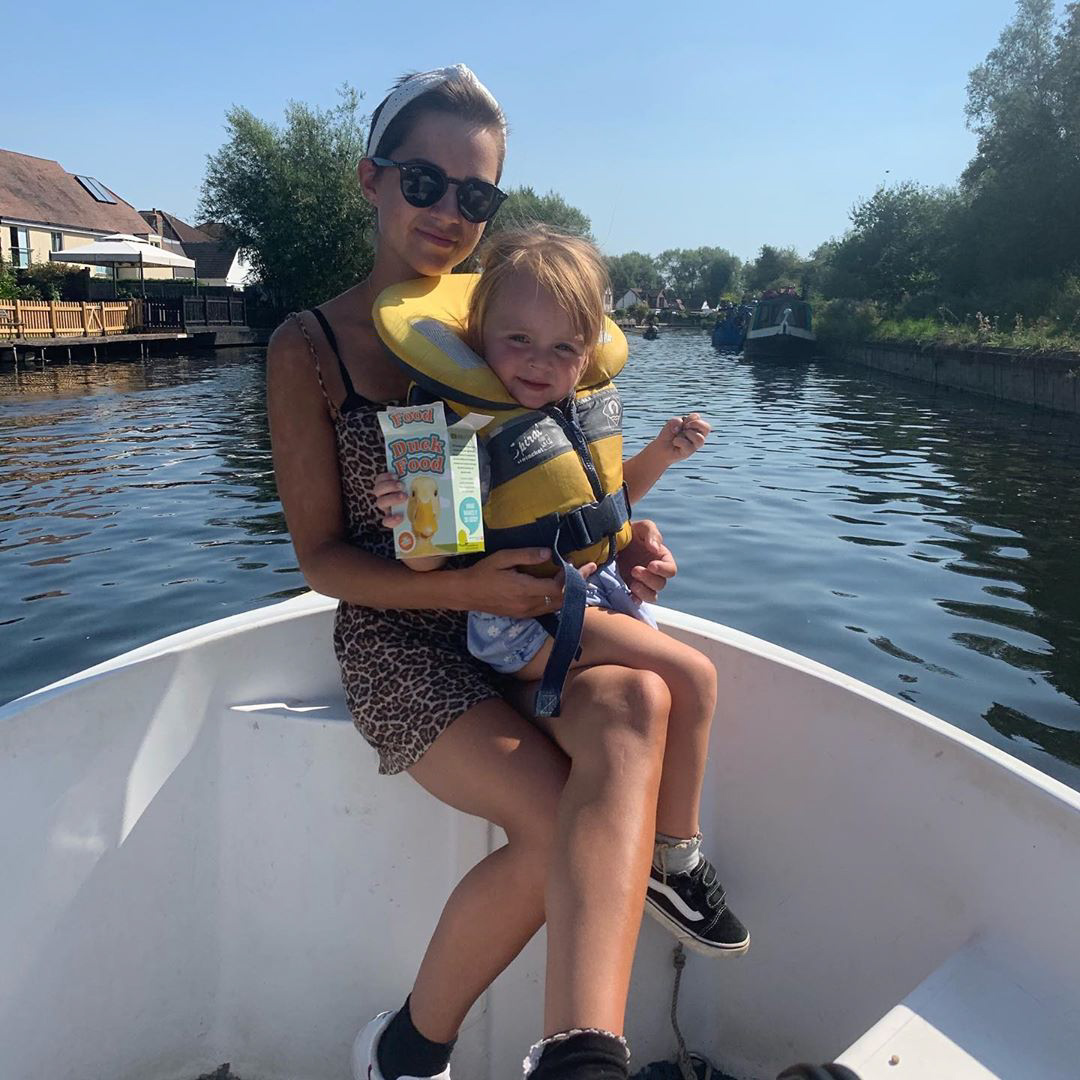
“Everything happens for a reason, sometimes awful things come our way. They bring light to the facts of life and purpose. I feel like I always have to be doing something.
“Early diagnosis means a better prognosis. Once immunotherapy is done, hopefully I will be on top of this and I’ll go down to tablets, but I can’t help with wonder what if these tests were done months earlier.
“Cancer will never apologise, and no one is promised a tomorrow; freak car accidents happen, cancer happens and many other life changing events. You cannot be diagnosed and live in fear. Your eyes are for sure opened when you get that diagnosis, but you have to use it to benefit someone.”
To see more, visit www.instagram.com/neurolo_






